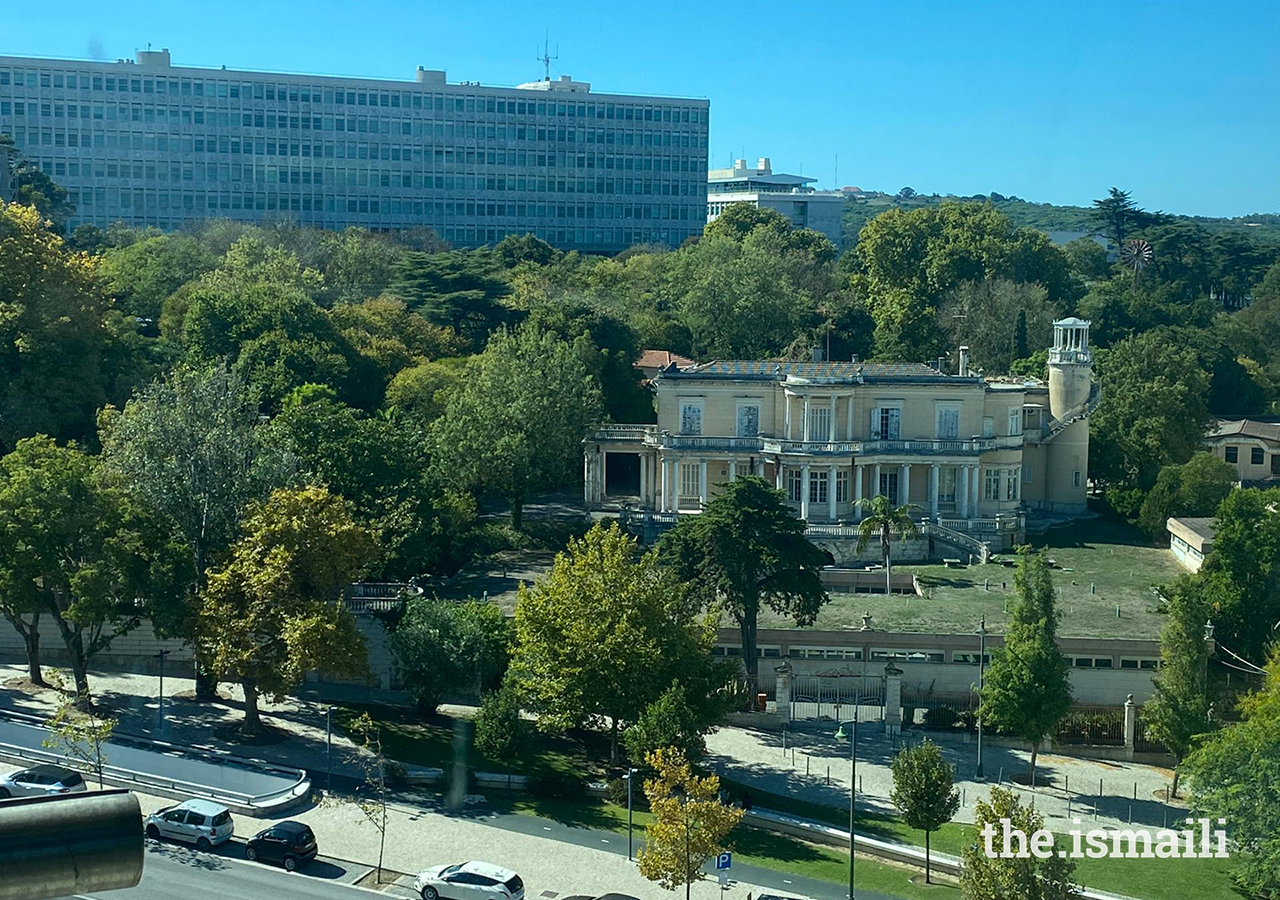Gardens bring people of different backgrounds together to enjoy and appreciate nature. Gardens are a central feature of the built environment in Muslim cultures. Some of the most iconic monuments built by Muslim rulers have equally prominent adjoining gardens such as the Taj Mahal in India and the Alhambra in Spain.
Known as “paradise gardens”, they evoke the descriptions of Paradise in the Quran: rivers of water, gushing fountains, the cool refreshing shade of trees and delicious hanging fruit. They provide respite from the daily hustle of human life and bring people of different backgrounds together to enjoy and appreciate nature. They also seek to improve people’s quality of life by providing spaces for reflection, spirituality, education and leisure.
To restore, create and revitalise beautiful green spaces has been a prime goal of the Aga Khan Trust for Culture in recent years with the objective of using green spaces to catalyse positive economic, social and cultural change.















